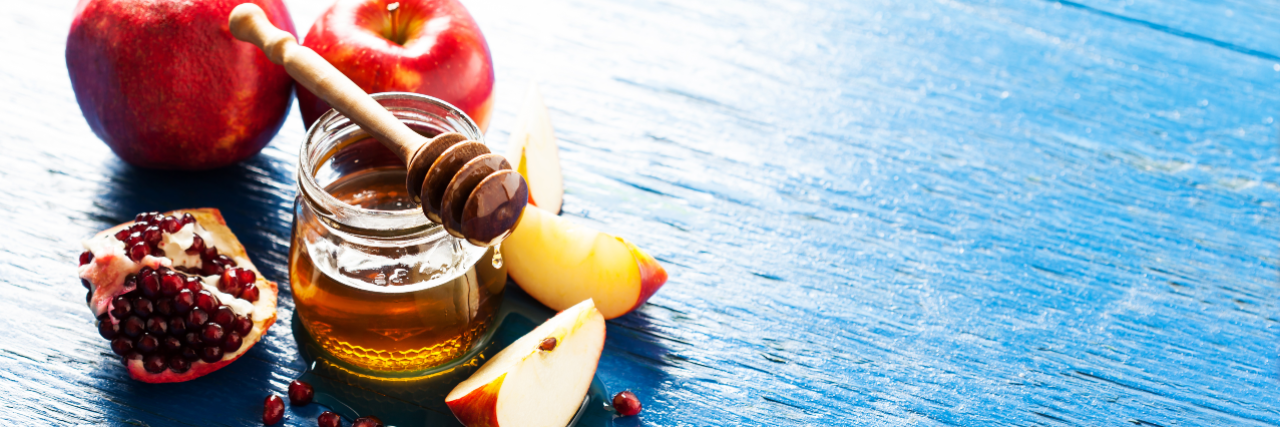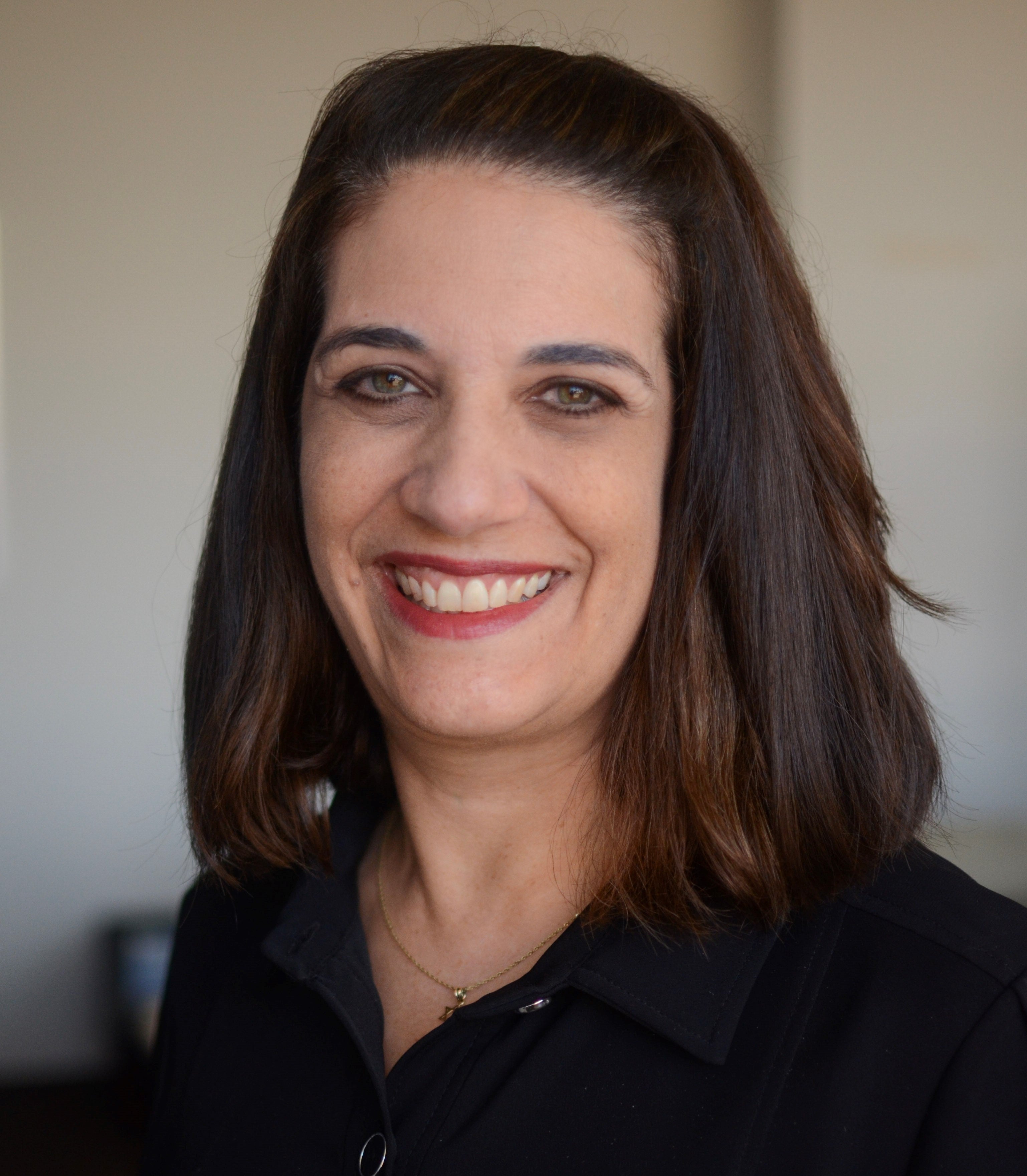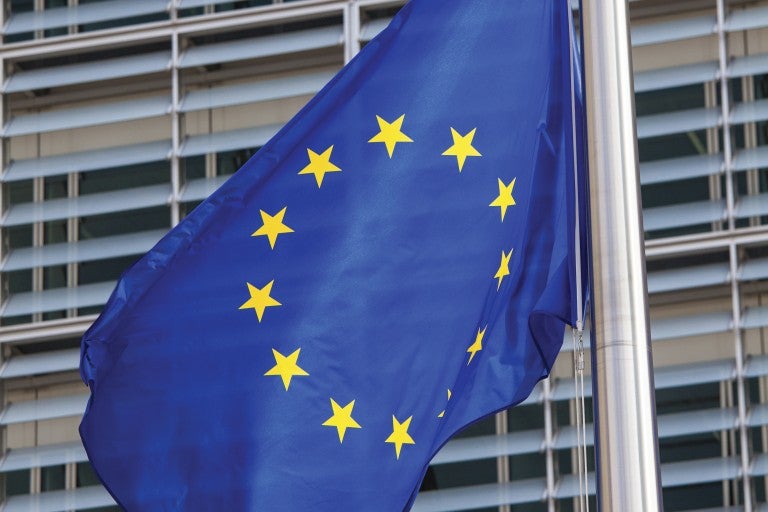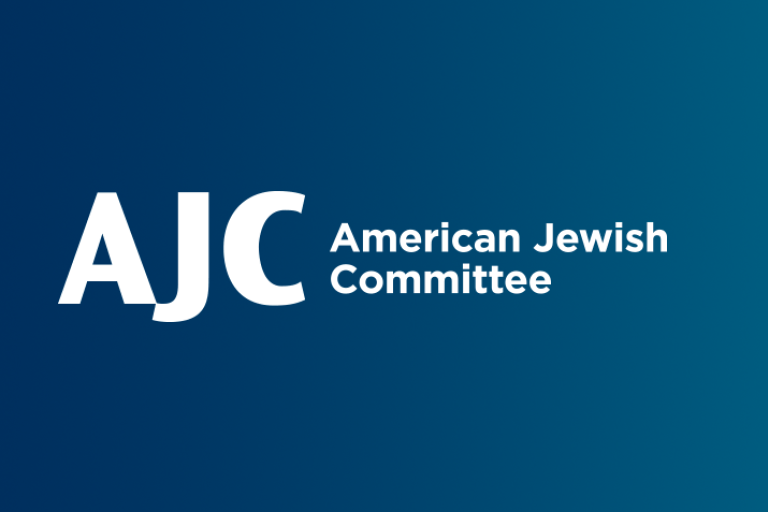September 6, 2021
Rosh Hashanah is the Jewish New Year, or as the holiday liturgy tells us, “Hayom Harat Olam,” “The Birthday of the World.” When Jews around the world light candles to bring in the holiday this Monday evening September 6th, we will enter the Jewish year of 5782. But, the Jewish new year is not celebrated with frivolity the way the secular new year is. Rosh Hashanah is a holiday of deep reflection and hope as we revisit the year gone by and work on improving ourselves, both spiritually and interpersonally, for the year to come. Rosh Hashanah begins the High Holiday season, and the Aseret Yemei Teshuva, the Ten Days of Repentance which will culminate in Yom Kippur.
TAKE THE QUIZ: How much do you know about Rosh Hashanah and the High Holidays?
There’s always a sense of hushed expectancy and awe in the air in synagogue on Rosh Hashanah, which is enhanced by the unique traditions and customs associated with the holiday. Perhaps most famously, the shofar, or ram’s horn, is sounded 100 times during the morning service in synagogue each day of the holiday, which is traditionally observed for two days. The medieval sage Maimonides explained that the sound of the shofar contains a personal message for each of us. As he wrote, “It is as if the shofar’s call is telling us, “Awaken from your slumber! Examine your actions, return to your true selves, and remember your Creator. Look inside yourselves. Improve your ways and your actions and abandon the negativity in your life…” A central prayer of the Rosh Hashanah service, the U’Netaneh Tokef (which literally means “let us ascribe holiness to this day,” declares that we can transform the evilness of any decree against us through teshuva, tefila u’tzedaka: repentance, prayer, and charity. We as human beings, the prayer reminds us, must take responsibility for helping to create a better world.
Another treasured Rosh Hashanah tradition is sharing festive meals with family and friends at which we eat simanim, or foods that symbolize blessings for the year to come. The most famous one is eating an apple dipped in honey. The apple signifies the roundness of the year, which continually renews each Rosh Hashana and the honey symbolizes the sweetness that we hope will fill our new year.
The whole AJC family wishes you and yours a healthy, peaceful, joyous, and meaningful 5782! Shana Tova!



